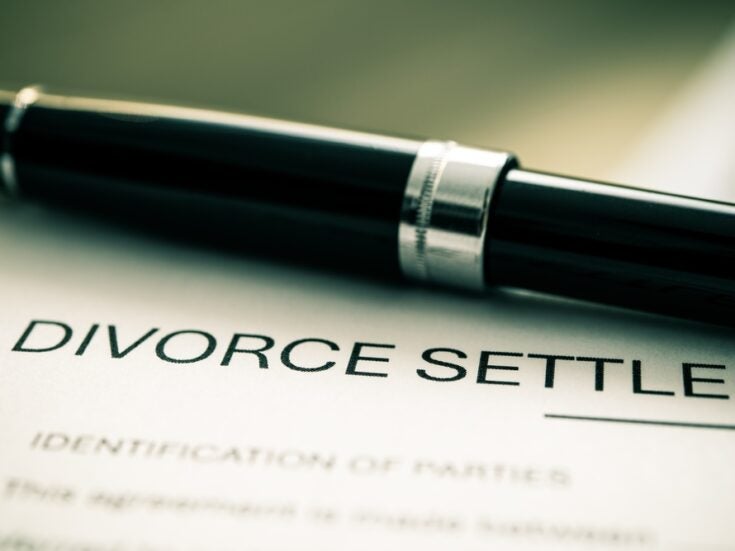After the Dolce and Gabbana row over ‘synthetic children’, and Elton John’s furious response, Michael Wells-Greco of Charles Russell Speechlys says Europe’s laws are not fit for 21st century families
Fashion changes: it is new and old, modern and traditional. And, so I am told, traditional styles may be used to make something new. This weekend witnessed Domenico Dolce and Stefano Gabbana talk of tradition: that is, the traditional family.
In an interview published in Italian magazine Panorama, the designers expressed some scepticism towards the use of IVF and surrogacy in family formation and iterated that ‘there are things that should not be changed.’ Dolce told the magazine: ‘I call children of chemistry, synthetic children. Rented wombs.’
A father – Elton John – responded in defence of these children. Gabbana said in a statement on Sunday that ‘it was never [their] intention to judge other people’s choices. [They] do believe in freedom and love.’
The truth is that the traditional ideal of the nuclear family is now becoming increasingly distant from the lived reality of very many families and their children. Historically, the issue of whom the law should identify as a child’s parents was relatively settled – by default, these were those who conceived the child or, in the case of married couples, the birth mother and her husband. It is not so simple anymore, and in most countries the law has not caught up.
Given how radical they are, it is perhaps unsurprising that the place of IVF and surrogacy in family formation is controversial. The responses to D&G’s comments are testament to the differing ideological perspectives. The domestic legal responses to these reproductive methods reflect these differences, and vary significantly across the world.
Some countries that prohibit surrogacy – such as France, Italy and Sweden – or restrict access to IVF – Switzerland, for example – view it as per se exploitative and commoditising human reproduction. Others, such as certain states of the USA, see it as a way to help infertile people have children, perhaps also to promote economic opportunity, and to provide women who wish to be surrogates a measure of autonomy.
Somewhere in the middle are those countries – Britain, for example – that allow surrogacy and IVF because they accept that the practice occurs (lawfully elsewhere) but do not believe that paying for surrogacy beyond reasonable expenses is appropriate or acceptable.
The result of these diverging approaches is that the legal parentage of these children is often uncertain. This can have significant consequences in terms of nationality, care arrangements, inheritance and so on – not to mention the emotional and identity effects.
These are not theoretical concerns. One recent high-profile case in Ireland saw the state contest whether the ‘genetic’ or ‘birth’ mother of a child should be listed on the child’s birth certificate, even though both agreed that it should be the former. In its first decisions relating to surrogacy, the European Court of Human Rights has found violations of the rights of surrogate-born children.
Thankfully in Europe a consensus is slowly building towards the principle of the best interests of the child in all policies affecting children. The emphasis is on a holistic evaluation taking a medium and long-term view. This point is crucial.
In this vein, a growing body of international case law supports the right of children to parents – these parents being their main carers where appropriate, and not necessarily limited to their ‘birth’ or ‘genetic’ parents by law.
What is clear is that the traditional family is no longer the only socially or legally accepted model. There has been a dramatic increase in the number of reconstituted families, single-parent families and LGBTI families and, irrespective of the grouping, these are all families. And the children forming part of these families must not be treated or classed differently.
Michael Wells-Greco is a partner at Charles Russell Speechlys






